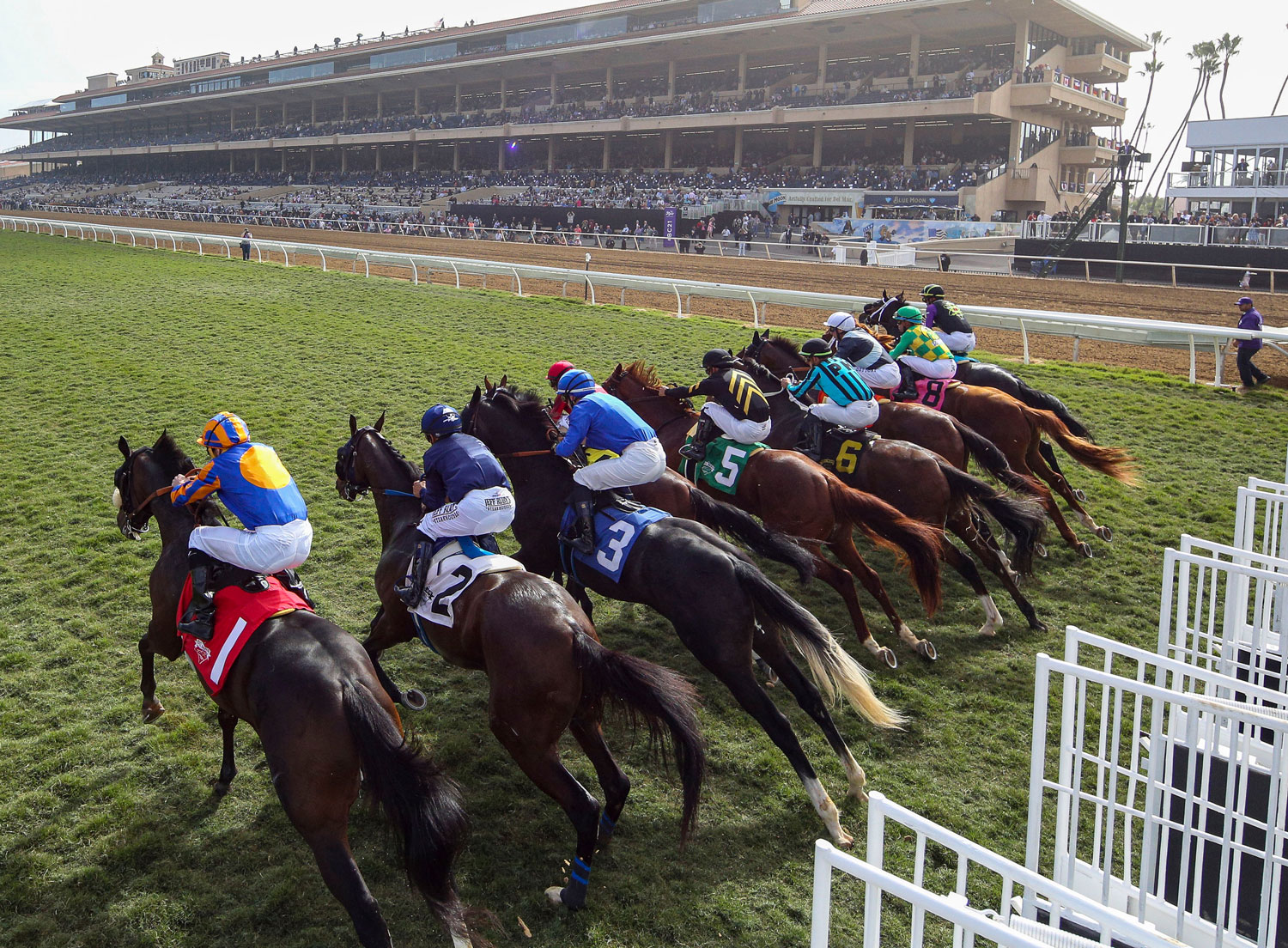If you followed our recent series on combating wintertime weight loss but have a horse that’s more prone to packing on extra pounds than losing weight during the winter, then lucky you! You own an easy-keeping horse.
Even though an obese horse is less likely to draw attention from the SPCA than an underweight horse, the health risks are just as serious. So before caving into that plaintive whinny at feeding time, keep these realities in mind:
Health Risks for Overweight Horses
Saddle Sores, Back Problems and Lameness Caused by Ill-Fitting Tack
Horses gain weight around their loins first, so even a slight change in body shape may create new pressure points that require veterinary or chiropractic care.
Poor Performance Due to Stressed Respiratory System
Surplus bulk requires more energy and oxygen to move, and puts additional strain on your horse’s joints and bones. Additional layers of fat also compromises your horse’s cooling system and make it harder for him to breathe. As a result, he’ll be tired, sweaty and blowing long before you’re ready to dismount.
Increased Risk of Founder and Laminitis
Overweight horses are more prone to developing Equine Metabolic Syndrome (EMS), a condition that is typified by excess fat deposits, insulin resistance, and a predisposition to laminitis. Insulin spikes caused by concentrated carbohydrates or sugary spring grass trigger the so-called “pasture laminitis” that frequently targets obese horses.
How Can You Limit Calories While Keeping Your Horse Healthy (and Happy)?
The key to weight loss is always exercise and reduced caloric intake, but how do you reduce calories while mimicking your horse’s natural eating schedule of near-constant munching?
Simple. Cut back (or eliminate) high-sugar grains and concentrates completely and feed a diet of pure roughage.
Strategies for Maintaining Easy Keepers
Tip 1: Replace Grain and Other Concentrates with Roughage
Despite popular belief, most horses don’t need grain on a daily basis, and can get all necessary vitamins and minerals through a diet of hay, grass and other types of roughage. Try replacing your horse’s daily feed with soaked beet pulp. It provides the same caloric value as feed, but without the hard-to-digest starches and sugars. If you must feed grain, avoid feed with corn, excess sugar (molasses) or high starch levels. Aim to feed grain with less than 3.5 percent fat — and feed as little of it as possible.
Be sure to consult with your veterinarian to ensure your horse is getting all the nutrition he needs. You may want to consider adding a balancer supplement to his diet to provide any vitamins and minerals that are missing.
Tip 2: Double-Bag Hay Nets
Make your horse work harder to get at his hay and it’ll force him to eat more slowly. Double-bagging also keeps him chewing longer, providing constant saliva and food that help to buffer acids in the stomach and protect from ulcers. And it’s also good for his brain: alleviating food-envy issues that might arise when he sees his stall mates eating normal rations.
Tip 3: Re-evaluate Your Horse’s Hay
Horses are quite amazing at extracting what they need from their natural food sources. Avoid feeding protein-rich alfalfa and clover hay, which is higher in calories than mature timothy or grass hay. While mature hay is often called lower-quality hay, be sure it is still sweet-smelling and fresh — “lower-quality” refers to caloric content only, not to its overall quality.
Tip 4: Limit Access to New Spring Grass
While most horses are happier and healthier with regular turnout, it’s important to acclimate your horse to new spring grass slowly, whether he’s on a diet or not. New grass can cause digestive-tract issues and an increased risk for colic and laminitis, so be sure you know how and when to introduce your horse to grass. Avoid turning an obese horse out from noon to 6 p.m. in the spring, as the sugar/carbohydrate content of the grass peaks during those times.
Tip 5: Use a Grazing Muzzle to Encourage Exercise without Overindulging
Strap on a grazing muzzle when your horse goes out in the field. Rambunctious pasture mates (or just the freedom to roam around) can induce additional calorie burn that your horse won’t get in his stall.
Tip 6: Exercise, Exercise, Exercise!
A good diet means nothing if your horse isn’t being worked regularly. Weight loss for humans and horses boils down to a simple equation: exercise more and eat less.
Tip 7: Assess Carefully Before Putting Your Horse on a Diet
Some breeds are predisposed to a higher number on the Henneke Body Condition Scoring scale, so assess your horse before arbitrarily putting him on a diet. Stay on top of your horse’s normal weight ranges with monthly check-ins. Knowing your horse’s average weight is a powerful tool for keeping him healthy and avoiding more drastic measures.



